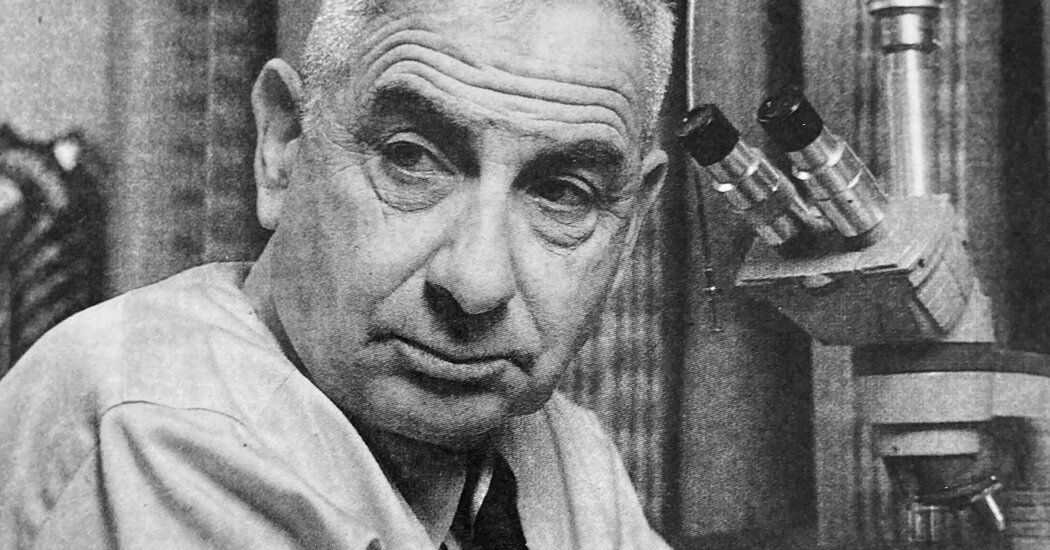He figured in the examination of sensational cases involving President John F. Kennedy, Martin Luther King Jr., O.J. Simpson and others.
Dr. Werner Spitz, a pathologist whose accounts of the traumatic last moments in some of the most sensational American deaths of the past 60 years figured in cases involving President John F. Kennedy, Martin Luther King Jr., O.J. Simpson, JonBenet Ramsey, Mary Jo Kopechne and many others, died on April 14 in St. Clair Shores, Mich., a suburb of Detroit. He was 97.
He died in hospice care after a brief illness, his son Dr. Daniel Spitz said.
Dr. Spitz’s career of more than 60 years traced to the early days of modern forensic pathology, and his textbook on the topic remains a gold standard in the field. Even after retiring as the chief medical examiner of Macomb County, Mich., in 2004, he continued to perform autopsies and consult with lawyers, saying he had no interest in spending his later years golfing or fishing. Examining the remains of homicide victims was the one thing that did not bore him, he said.
Dr. Spitz used evidence of a tiny skull fracture, the pattern of shirt fibers around a bullet hole or the sticky side of a piece of duct tape to draw conclusions about violent deaths that weighed heavily in the courtroom fate of murder defendants — or, in the cases of President Kennedy and Dr. King, on the judgment of history.
“It’s like being a medical detective,” he told Time magazine in 2022. “The bullet doesn’t tell you anything. The skin tells you.”
Dr. Spitz was an expert witness for both prosecutors and defense lawyers, saying he never offered an opinion merely for a price but followed where the scientific evidence led. But he was also drawn to the limelight in some of the nation’s most sensational deaths.
